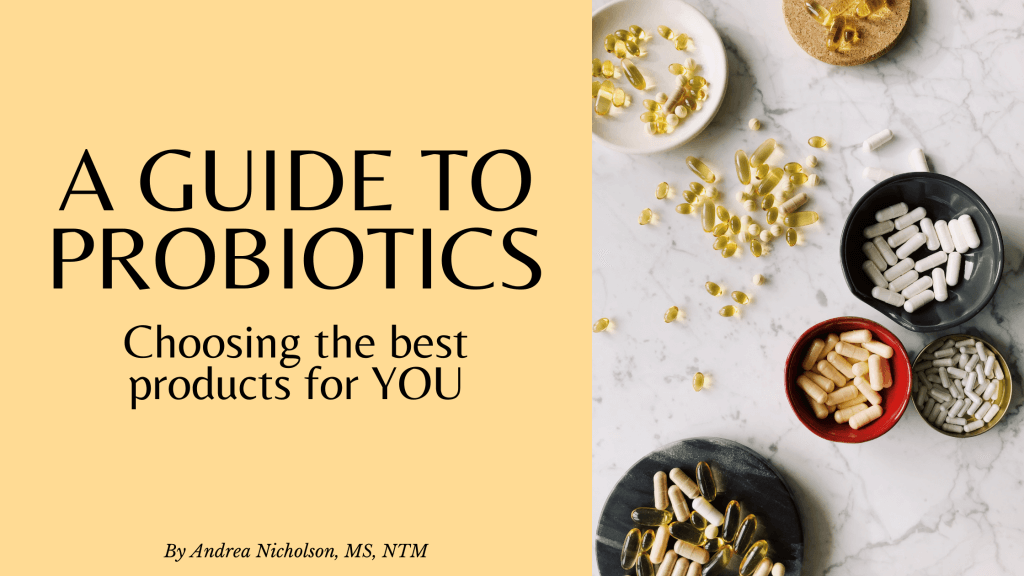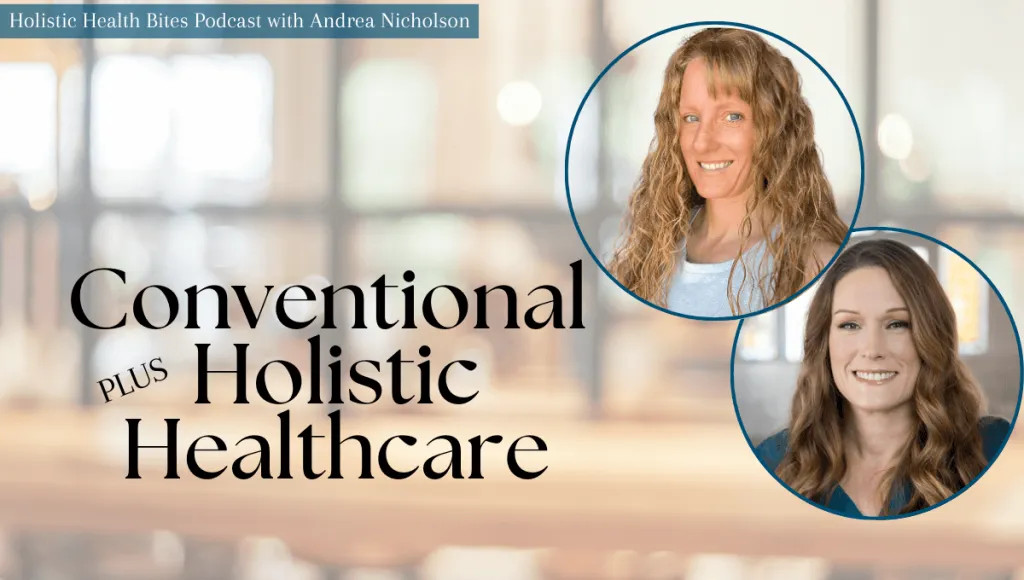
All about probiotics
Probiotics are a seemingly easy choice, yet there is no one best product for everyone. So how do you choose what is the best protocol to follow? This blog post will help guide you in tailoring the perfect probiotics protocol for you and your needs.
In this post I’m talking all about probiotics – the types of conditions that may benefit from probiotics, why taking probiotics may not be the best plan for your condition, and the different types of probiotic supplements on the market. This guide is all about probiotics!
What are probiotics good for?
Scientific research has shown probiotics can help alleviate a variety of conditions such as irritable bowel syndrome, Inflammatory Bowel Disease, mood disorders like depression and anxiety, small intestinal bacterial overgrowth (SIBO), overgrowth of pathogens (H. pylori, Candida, and others), as well as leaky gut.
Probiotic supplementation may also have benefits for brain function, sleep issues, thyroid disorders, hormone imbalances, autoimmune conditions, cholesterol imbalances, brain fog, and even improving metabolism.
The microbes in the gut are vital for health – helping with digestion and absorption of nutrients, bolstering immunity against pathogens residing there too, and synthesizing vitamins and nutrients for us too.
Probiotics are the supplemental form of good bacteria. Probiotic cultures can also come from fermented and cultured foods, like yogurt, kim chi, and sauerkraut.
It’s important to know that we all have different needs when it comes to what will help us feel better and live healthier lives – it’s not one size fits all in this case!
All about probiotics – different types:
There are three main types of probiotics on the market:
- Lactobacillus- and Bifidobacterium-based blends
- Saccharomyces boulardii
- Spore-based (also referred to as soil-based organisms)
Each probiotic has different effects and is helpful for different reasons and will work differently in each of us based on our current microbial profile, medications we’re taking, lifestyle factors (like sleep quality, stress levels, and exercise), and the types of foods we consume.
It is important to know that probiotics aren’t magic pills – they won’t do much if you live an unhealthy lifestyle or consistently eat junk foods. They will, however, help to heal the gut lining, improve nutrient absorption, boost your immune system and help reduce chronic symptoms when paired with a healthy lifestyle and nutrient-dense diet.
How to determine the best protocol for YOU?
The first consideration is have you been tested regarding your current symptoms? A gut health test can be helpful in identifying your current gut health status and microbial profile. These tests can determine what the population of your microbes looks like and how healthy they are. Additional tests can be run if you’re suffering from chronic diarrhea, constipation, hormone imbalances, or autoimmune conditions to determine the level of tissue damage you may have that also needs to be repaired.
Testing is important because some conditions should NOT take probiotics until after the condition has been treated or healed – they can actually make the situation worse! If you have not been tested, but would like to know more about gut health testing, contact me to discuss further.
As for choosing a probiotic, quality matters! Studies have shown that many products on the market do not contain the strains listed on the label and may even contain harmful strains! It’s important to purchase products that have been independently tested and still contain LIVE cultures. Taking a probiotic filled with dead bacteria doesn’t help you any. Certain products need to be stored in dark containers and must be refrigerated in order to keep the strains alive. I’m happy to make recommendations on products for you – and I can often save you some money on your orders! I buy the bulk of my supplements here, except for spore-based probiotics which I get here (MegaSporeBiotic).
The second major consideration is which strains to take. Some people need to combine all three types of probiotics in order to achieve symptom relief and healing. This is generally a temporary situation – as your gut heals and your body adjusts to the healthy population, you likely can reduce the doses or frequency. Depending on your unique situation, it may take some trial and error to find the best products, doses, and frequencies that work best for you.
The third major consideration is to not take the same product for too long – especially if you have a product that contains very few different strains of bacteria. Over the long term, this can lead to a mono-culture of those few strains! Even GOOD bacteria can become harmful if they overgrow. The goal is to increase the microbial diversity – not overwhelm the system with any particular type of bacteria.
Diversity is key – in supplements, diets, and lifestyle habits!





















0 Comments